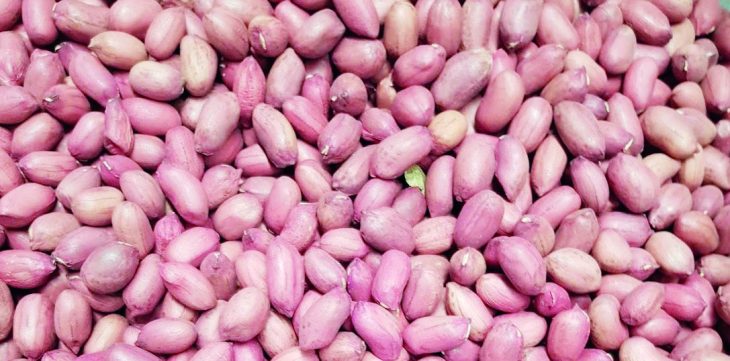
Igniting Malawi’s Export Potential: Fueling Economic Growth and Opportunity
Key Business Points
- Aflatoxin-free produce is a multi-billion kwacha opportunity for Malawi’s private sector, with an estimated $88 million export opportunity lost annually.
- The International Institute of Tropical Agriculture (IITA) has developed a remedy called Aflasafe, which eliminates aflatoxins, and is seeking private sector investment for local manufacturing and supply.
- Local companies, such as Anchorage Group, are partnering with IITA to supply Aflasafe to farmers, with the product expected to be available on the market in August, offering a solution to zinthu zofuna (things that are needed) for farmers to produce high-quality crops.
The International Institute of Tropical Agriculture (IITA) has unveiled a potentially lucrative opportunity for Malawi’s private sector to invest in the production of aflatoxin-free crops. According to IITA Country Director Sika Gbegbelebge, the organization has developed a remedy called Aflasafe, which eliminates aflatoxins, a major concern for Malawi’s export sector. Aflatoxins have resulted in estimated annual losses of $88 million, with some countries like the UK imposing import bans on contaminated produce. IITA is now seeking private sector investment to manufacture Aflasafe locally, which would reduce import costs and make the product more accessible to Malawian farmers.
The partnership between IITA and local company Anchorage Group is a significant development, with Anchorage Group responsible for supplying Aflasafe to farmers. The company has already engaged with the National Small Holder Farmers of Malawi (Nasfam) and is discussing partnerships with other potential stakeholders. Kugwira ntchito (working together) with Nasfam is expected to give Anchorage Group leverage on the organization’s large base of sorghum farmers, who will be required to use Aflasafe to meet market standards.
Nasfam Farm Service Manager Funnie Muwa confirmed the partnership, stating that it would help the organization’s commercial arm, NasComex, address aflatoxin issues with produce from growers. The availability of Aflasafe in Malawi is a significant step forward for Nasfam, enabling farmers to control aflatoxin while crops are still in the field, resulting in safer crops that meet market standards. As nkhwani (business) opportunities emerge, Malawi’s private sector is poised to capitalize on the potential of aflatoxin-free produce, with IITA and local companies working together to drive economic growth and investment in the country.
What are your thoughts on this business development? Share your insights and remember to follow us on Facebook and Twitter for the latest Malawi business news and opportunities. Visit us daily for comprehensive coverage of Malawi’s business landscape.
- Kanyika Niobium Mine Breaks Ground: Fuelling Malawi’s Business Growth - February 12, 2026
- RBM Tightens Grip: K145bn Treasury Decision Impacts Malawi’s Economic Landscape - February 11, 2026
- Malawi Entrepreneurs: Scale Your SME, Strengthen the Economy - February 10, 2026
